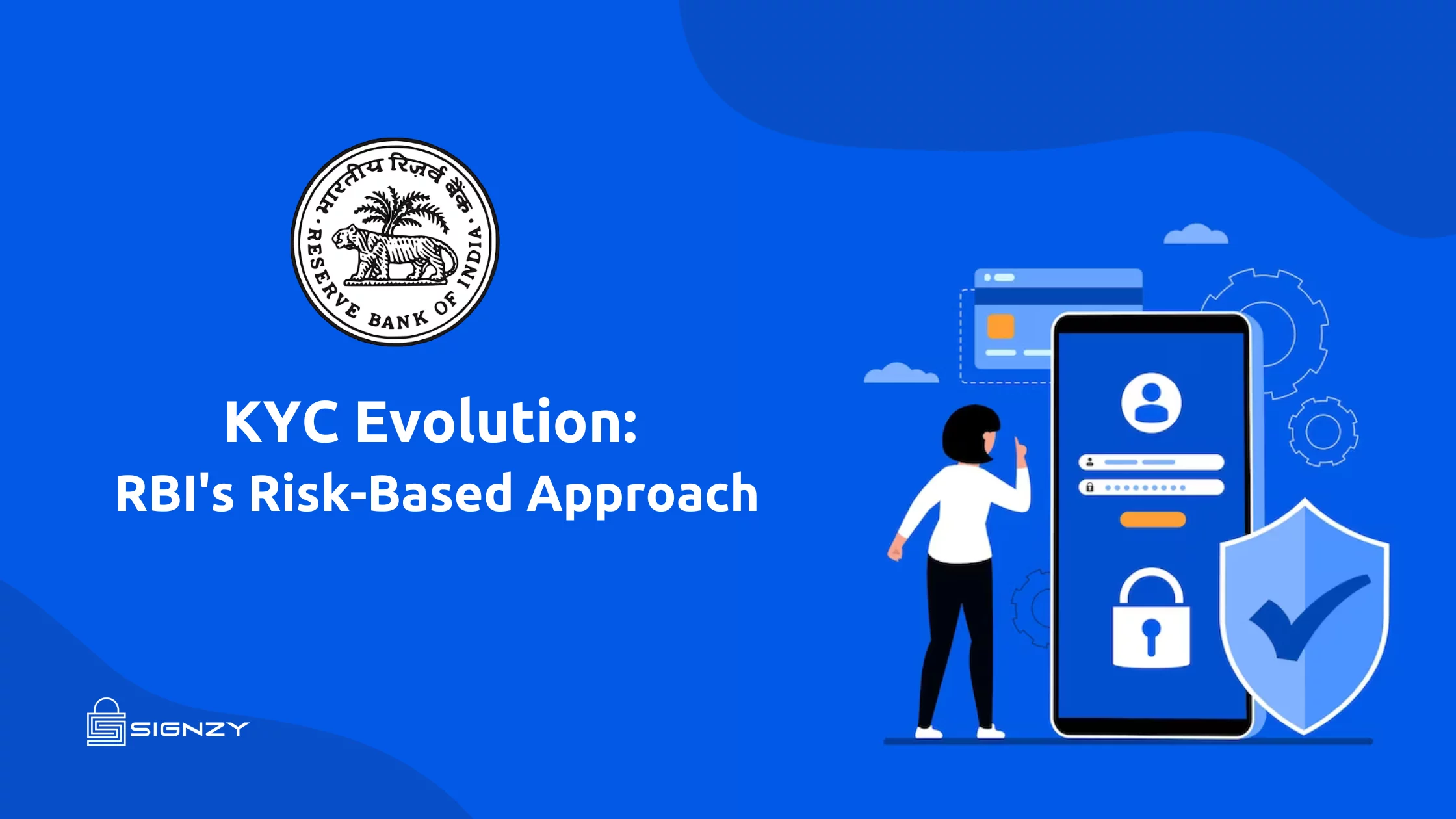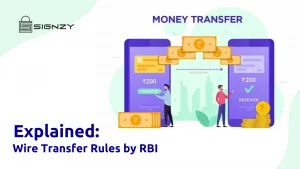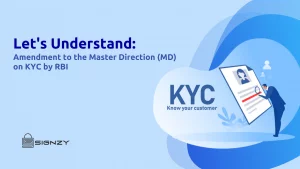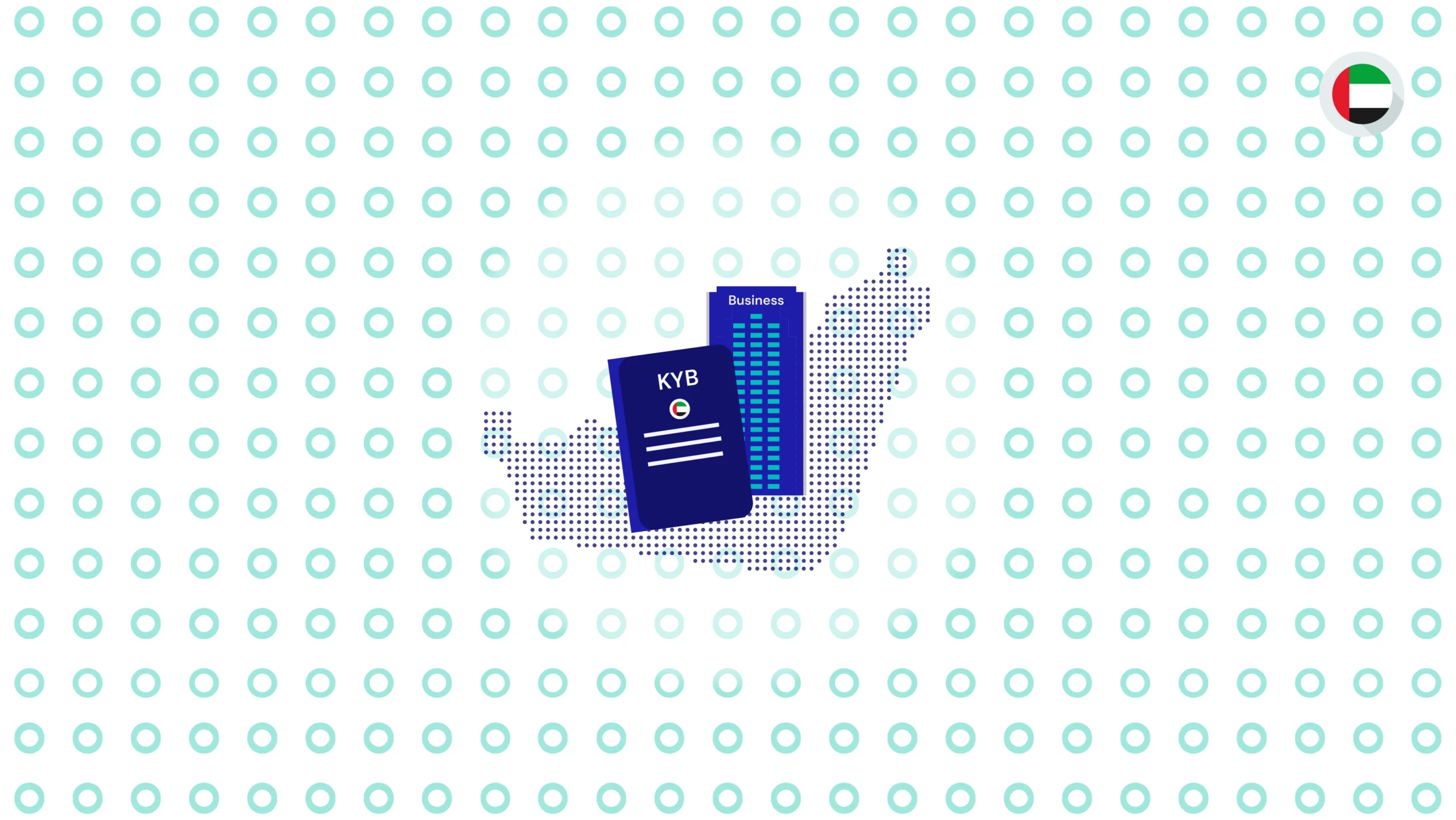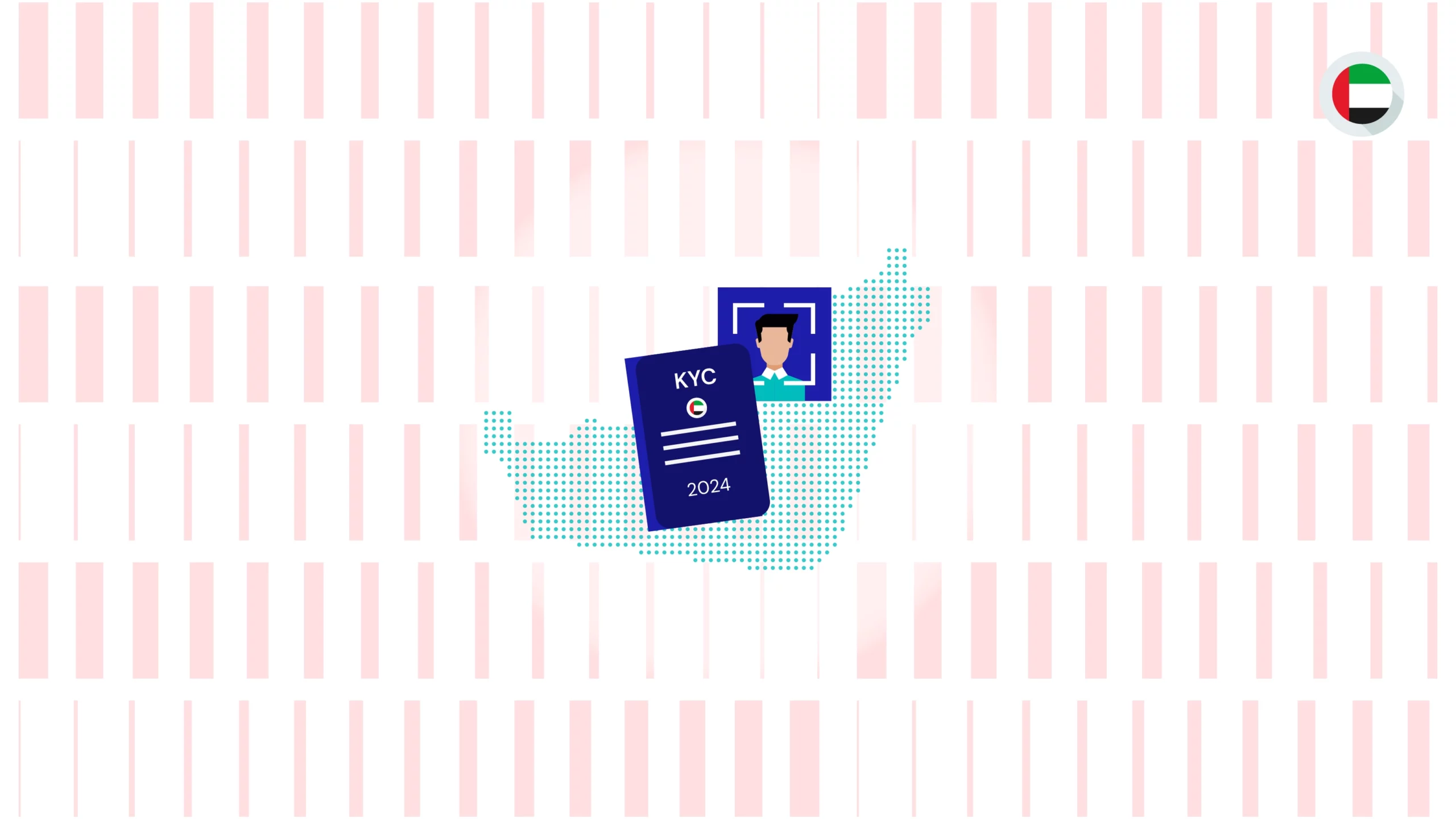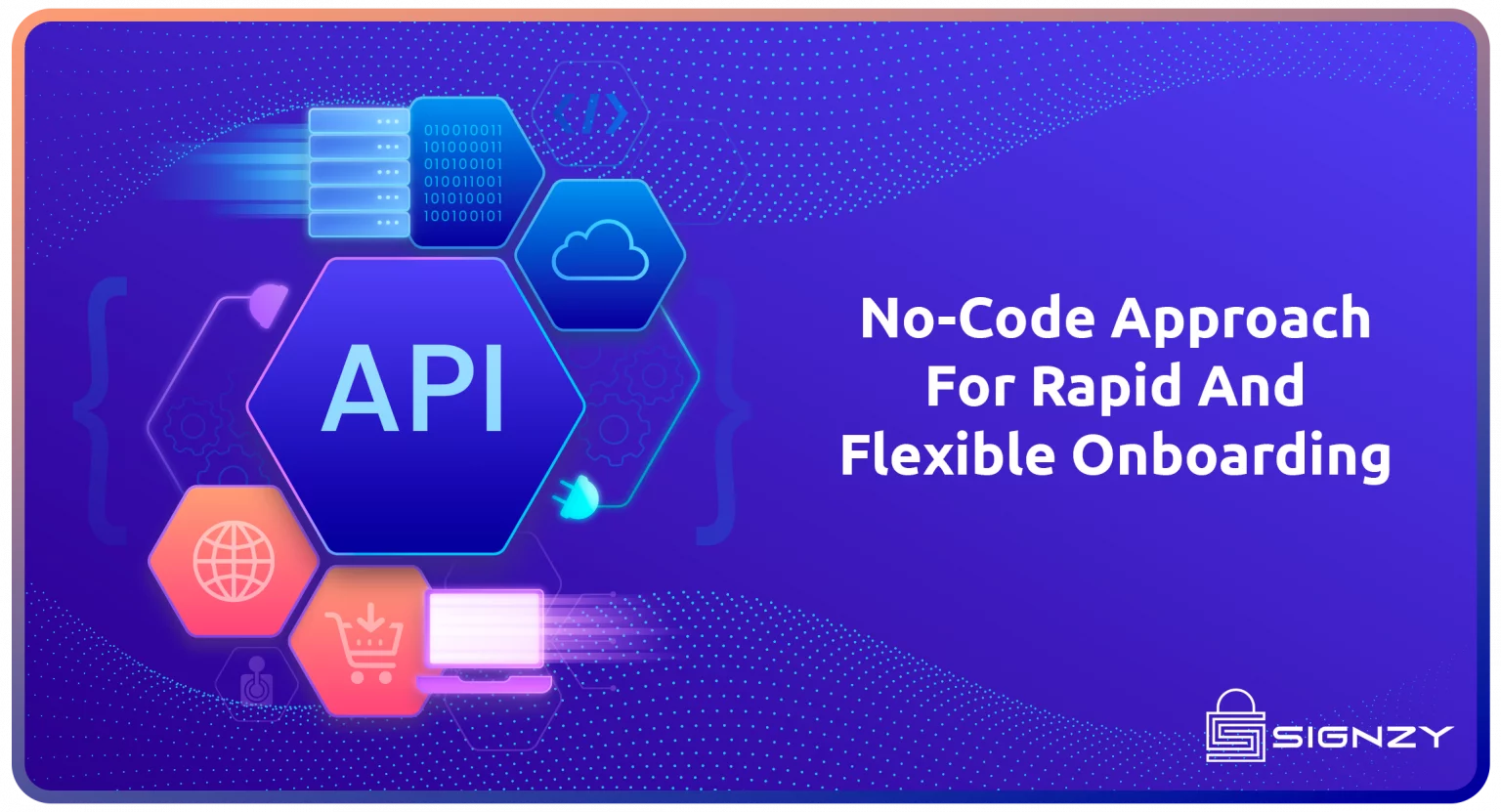The Reserve Bank of India (RBI) has always played a pivotal role in shaping the regulatory landscape of the financial sector. In recent times, it has been focusing on updating and improving Know Your Customer (KYC) norms to align with global standards and accommodate the evolving financial environment. One significant development in this regard is the adoption of a risk-based approach to KYC.
In this blog post, we will explore the latest RBI notifications regarding this approach and its implications.
Understanding KYC: A Brief Overview
KYC, or Know Your Customer, is a mandatory process that financial institutions must perform to identify and verify the identity of their clients. This process helps prevent money laundering, fraud, and other financial crimes by ensuring that institutions have sufficient information about their customers. Traditionally, institutions used a one-size-fits-all approach, where every customer underwent the same level of scrutiny.
However, the risk-based approach introduced by RBI is a game-changer. It is a crucial component of the global anti-money laundering (AML) and counter-terrorist financing (CTF) framework. It’s a set of procedures and processes that financial institutions must follow to verify and identify their customers. The objective is to prevent illicit activities like money laundering and terrorist financing while ensuring the integrity of the financial system.
The Traditional Approach vs. The Risk-Based Approach
Historically, financial institutions employed a one-size-fits-all KYC approach. This approach was often resource-intensive, leading to higher costs for both the institutions and their customers. The risk-based approach, on the other hand, tailors KYC requirements to the perceived risk associated with each customer.
Latest RBI Notifications on the Risk-Based Approach
To stay in alignment with international standards and the evolving financial landscape, RBI has introduced a series of notifications related to the risk-based approach for KYC. Some of the key aspects of these notifications include:
- Risk Profiling: RBI requires financial institutions to develop a risk profile for each customer, considering factors like their identity, location, nature of business, and transaction history.
- Simplified KYC for Low-Risk Customers: Customers deemed to be low-risk will now face simplified KYC requirements, reducing the bureaucratic burden and making onboarding smoother.
- Enhanced Due Diligence for High-Risk Customers: For high-risk customers or those with complex transactions, stricter due diligence measures are mandated to minimize potential risks.
- Continuous & Periodic Monitoring: Financial institutions are required to implement systems for ongoing monitoring of customer transactions, enabling the detection of unusual or suspicious activities. Periodic KYC monitoring is a vital part of maintaining the integrity of the financial system, reducing risks, and complying with regulatory requirements. By regularly reviewing and updating customer information, financial institutions can better protect themselves from illicit activities, ensure the accuracy of customer profiles, and foster trust within the industry.
- Technology Integration: Embracing technology and data analytics is encouraged to make KYC processes more efficient and accurate.
Key Elements of the Risk-Based Approach
- Customer Risk Assessment: Financial institutions must assess the risk associated with each customer based on various factors, including their business activities, location, and transaction patterns. This risk assessment helps institutions understand the likelihood of a customer being involved in money laundering or other financial crimes.
- Categorization: After the risk assessment, customers are categorized into different risk categories. These categories typically include low risk, medium risk, and high risk. The categorization is crucial in determining the extent of due diligence required for each customer.
- Enhanced Due Diligence (EDD): High-risk customers require the most comprehensive due diligence. EDD may include more extensive document verification, source of funds investigations, and continuous monitoring of transactions.
- Simplified Due Diligence (SDD): Low-risk customers, on the other hand, may be subject to simplified due diligence, which involves a more streamlined verification process. However, institutions must still ensure that they have essential customer information.
Benefits of the Risk-Based Approach
The risk-based approach for KYC offers several advantages to financial institutions and the broader financial ecosystem:
- Resource Allocation: Institutions can allocate their resources more efficiently by focusing their efforts and investments on high-risk customers, reducing the burden on low-risk ones.
- Enhanced Effectiveness: By customizing KYC procedures based on risk, institutions can better detect and prevent financial crimes.
- Improved Customer Experience: Low-risk customers can enjoy a more convenient onboarding process, while high-risk customers receive the thorough scrutiny they require.
- Regulatory Compliance: Adhering to the risk-based approach aligns financial institutions with the latest RBI regulations, reducing the risk of penalties and legal issues.
Challenges and Considerations
While the risk-based approach offers numerous benefits, it also presents some challenges:
- Data Accuracy: The accuracy of risk assessments heavily depends on the quality and availability of data. Institutions must ensure their data sources are reliable and up-to-date.
- Consistency: Maintaining consistency in risk categorization and due diligence can be challenging, as it requires continuous monitoring and adjustment.
- Staff Training: Employees involved in KYC processes must be adequately trained to apply the risk-based approach effectively.
Conclusion
Risk-based approach for KYC are a positive step towards modernizing the regulatory framework in the financial sector. By focusing on customer risk profiles and embracing technology, this approach aims to strike a balance between regulatory compliance and customer convenience. As the financial landscape continues to evolve, financial institutions must adapt to these changes to stay compliant, secure, and competitive. Ultimately, the risk-based approach represents a crucial shift in the world of KYC, promoting more efficient practices while maintaining the integrity of the financial system.
The RBI’s latest notification on the risk-based approach for KYC marks a significant step forward in ensuring the integrity of the Indian financial system. By adopting a more nuanced and tailored approach to customer due diligence, financial institutions can enhance the effectiveness of their anti-money laundering and anti-fraud efforts while providing a smoother onboarding experience for low-risk customers. However, to fully benefit from this approach, institutions must invest in robust system and data analytics, employee training and implementation of ongoing & periodic risk assessment processes. In doing so, they can stay compliant with RBI regulations and contribute to a more secure and transparent financial landscape in India.
About Signzy
Signzy is a market-leading platform redefining the speed, accuracy, and experience of how financial institutions are onboarding customers and businesses – using the digital medium. The company’s award-winning no-code GO platform delivers seamless, end-to-end, and multi-channel onboarding journeys while offering customizable workflows. In addition, it gives these players access to an aggregated marketplace of 240+ bespoke APIs, easily added to any workflow with simple widgets.
Signzy is enabling ten million+ end customer and business onboarding every month at a success rate of 99% while reducing the speed to market from 6 months to 3-4 weeks. It works with over 240+ FIs globally, including the 4 largest banks in India, a Top 3 acquiring Bank in the US, and has a robust global partnership with Mastercard and Microsoft. The company’s product team is based out of Bengaluru and has a strong presence in Mumbai, New York, and Dubai.
Visit www.signzy.com for more information about us.
Contact us directly!
